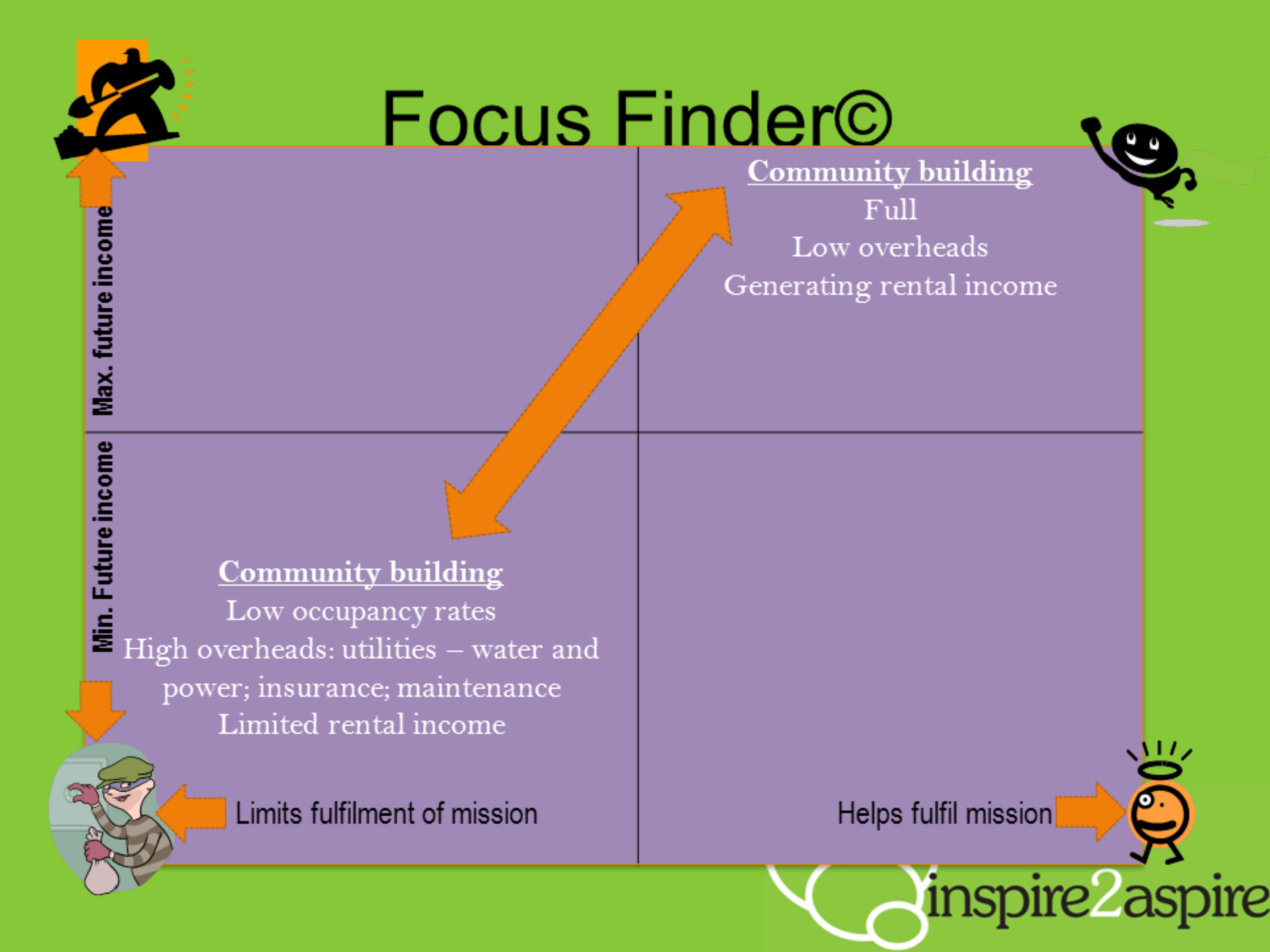Find entries by tag
- 21st century business (14)
- action (6)
- AI (2)
- aspiration (10)
- behaviours (1)
- business (8)
- business planning (21)
- business success (14)
- changing lives (11)
- charity (78)
- charity governance code (2)
- cic (6)
- CIO (3)
- coaching (16)
- collaboration (21)
- communication (3)
- community (1)
- community interest company (4)
- community shares (2)
- contract readiness (3)
- corporate culture (10)
- corporate personality (2)
- creative think tank (7)
- csr (17)
- decision making (4)
- entrepreneur (46)
- environment (2)
- ethical audit (1)
- exit strategies (3)
- family business (2)
- feasibility study (6)
- focus on action (4)
- Franchising (2)
- funding and investment (5)
- fundraising (1)
- goal setting (33)
- goals (2)
- governance (4)
- growth (8)
- i factor (1)
- ideas (2)
- income (1)
- innovation (19)
- inspiration (42)
- investment (4)
- leadership (8)
- local authority (9)
- marketing (45)
- mihm (3)
- new normal (1)
- niche (8)
- niche market (4)
- pandemic (2)
- passion (1)
- pricing (2)
- profit (3)
- public sector (6)
- relationships (3)
- responsible organisation charter (21)
- rethinking parks (1)
- ROC (4)
- rotherham (1)
- rural diversification (1)
- sales (7)
- sales training (1)
- sellability (1)
- sme (1)
- socent (13)
- social enterprise (41)
- social entrepreneur (2)
- social impact (6)
- social investment (1)
- solopreneur (2)
- staff engagement (6)
- stakeholders (2)
- strategic development (23)
- strategy (17)
- success (11)
- sustainable profit (4)
- team (1)
- team working (3)
- tendering (1)
- theory of change (2)
- time management (4)
- tools (12)
- travel (3)
- trust (1)
- trustees (2)
- values (36)
- vision (11)
- volunteering (4)
- winning by being good (8)
Posted by Sarah Brown on 21 Oct '13
Getting the most from community buildings

I'm currently involved with several community building projects. The two most advanced, with plans and identified premises, are at the two extremes. One is very commercial with rental from sheltered accommodation flats and a health professional ensuring that it is viable even if there is a need to borrow money. The other is at the other extreme. It is a small premises, needs a lot of work to make it usable and will rely on generating bits of income from sales of products, letting rooms and a cafe.
The other projects hope for asset transfers or major funding but haven't yet got an operating model in place. One is looking at traditional community spaces, the other buildings that are flexible - more a blank canvas where the operating model can maximise the income.
A decade ago when there was lots of capital funding around and the economy and the high street were bouyant a building seemed a good idea. You could let space as offices or shops, generally get it without borrowing and it could help subsidise activities that you couldn't get funded.

Now it's not so clear. I'm sure you don't hope it will burn down, but if it did what would you do? It would be a chance to take stock and see if the building provides opportunities or limits thinking. Could you help more people if you were virtual - going to where they are? How much time do you really spend on building related matters which don't further your mission?
If your building has become more of a burden than a joy we can help with our service for people with established buildings using our building maximiser(c).

